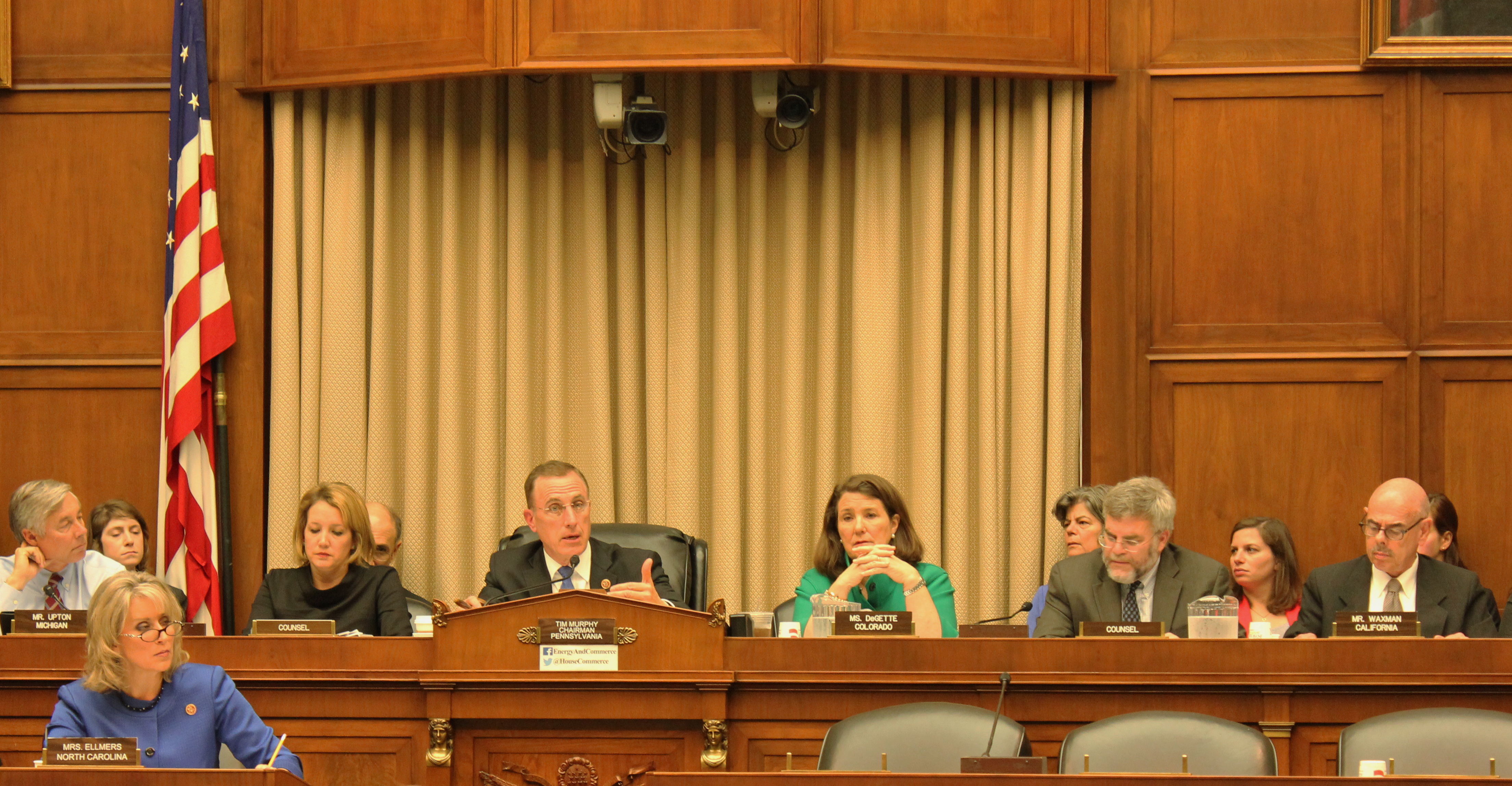WASHINGTON — Lawmakers met on Capitol Hill with medical experts Thursday to examine the health procedures used to safeguard the public from Ebola. Many members of the House Energy & Commerce Committee called for a travel ban for those entering this country from West African nations, while health officials said that wasn’t a good idea.
So what are the facts? Here are the top things you should know:
1. Why do officials from the Centers for Disease Control and Prevention oppose a travel ban on people from countries, such as Liberia, Sierra Leone and Guinea?
Officials from the CDC, National Institutes of Health and Customs and Border Protection said a travel ban would result in limiting information on tracing the Ebola virus – details that could help prevent its spread. CDC Director Tom Frieden said the system the center has in place now allows it to track the disease and the people who may have been exposed.
2. So why are congressmen arguing for a travel ban?
Some of them are concerned there isn’t enough being done to prevent the spread of Ebola. They listed concerns about the protective gear the two infected nurses used and also the reliance on self-reporting by those exposed to the virus. “We don’t know what we don’t know,” said Rep. Bill Johnson, R-Ohio. Said Rep. Fred Upton, R-Mich., “It seems to me that this is not a failsafe system that’s being put into place here.” And Rep. Marsha Blackburn, R-Tenn., added: “We’ve got to do better than this — we can do better than this.”
3. What is the procedure for diagnosing an individual with Ebola?
Frieden outlined three steps: Identify the symptoms, isolate the patient and immediately call the CDC. Workers should arrive within the hour.
4. When should I be concerned that I have Ebola?
It takes anywhere from two to 21 days to start exhibiting Ebola symptoms. If a person returning from West Africa has had contact with a diagnosed Ebola patient and shows signs of the flu, diarrhea or vomiting within 21 days of contact, that’s a cause for concern.
5. Is there a cure?
No. But the NIH is developing three vaccines, two of which are undergoing trials. Luciana Borio, the Federal Drug Administration’s assistant commissioner for counterterrorism, said the FDA is expediting steps in efforts to develop medication for Ebola.
6. Why should I worry about what’s happening in Africa?
Frieden said an Ebola outbreak in the U.S. is unlikely, but House members say the public health crisis in West Africa could continue to spread if the U.S. doesn’t help to contain the disease.


